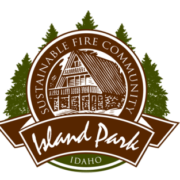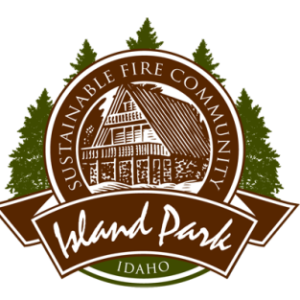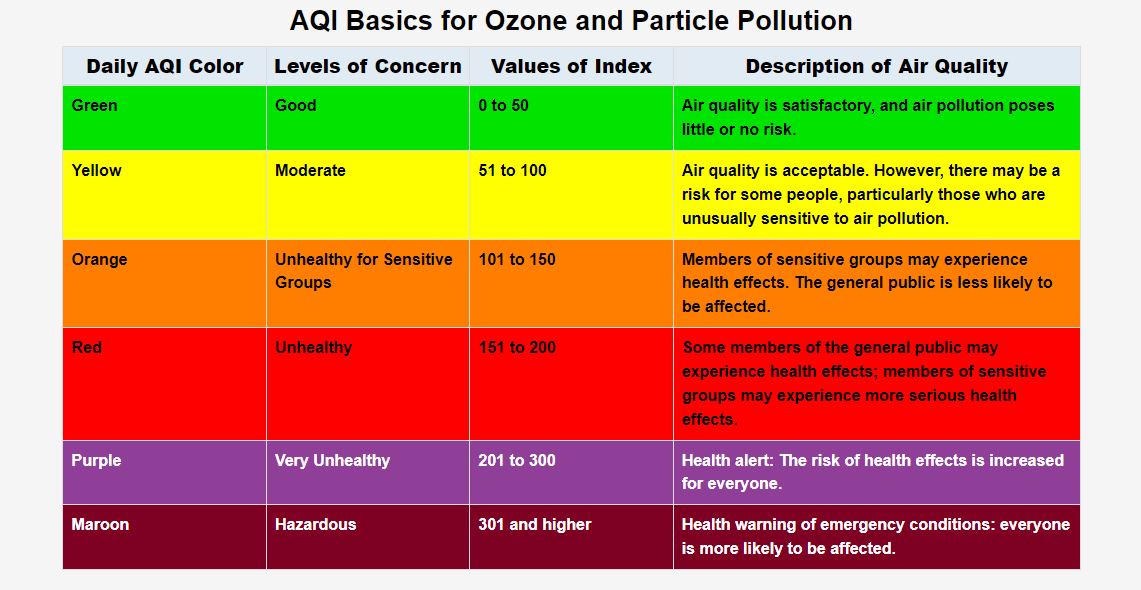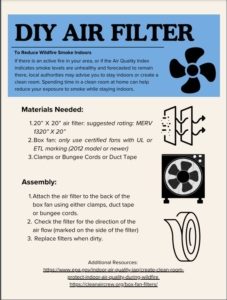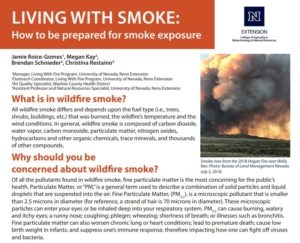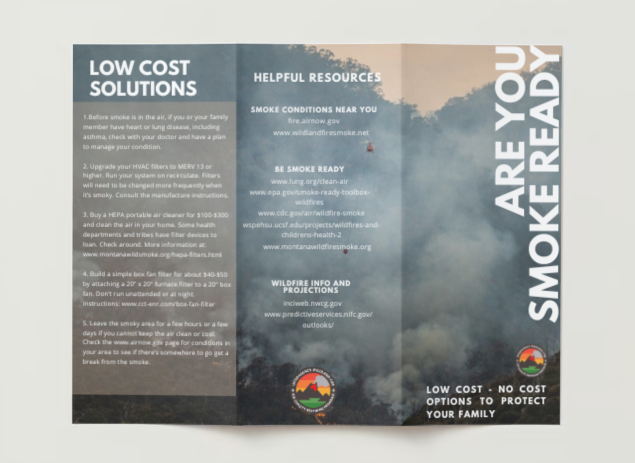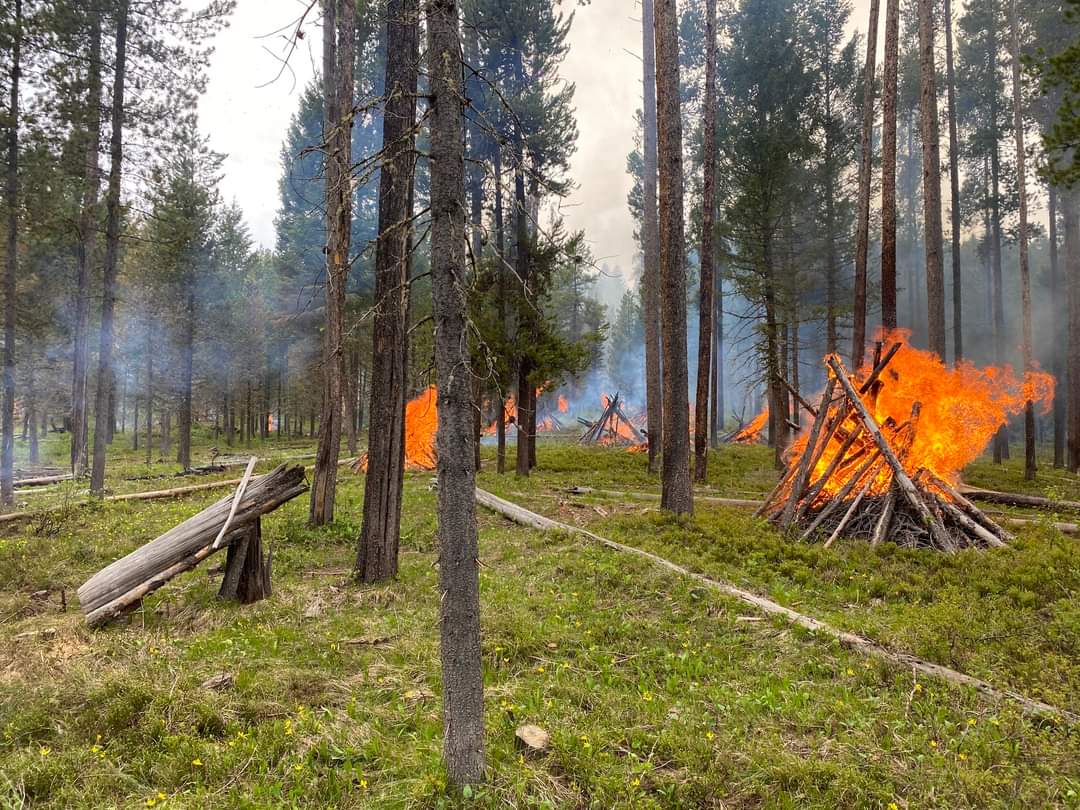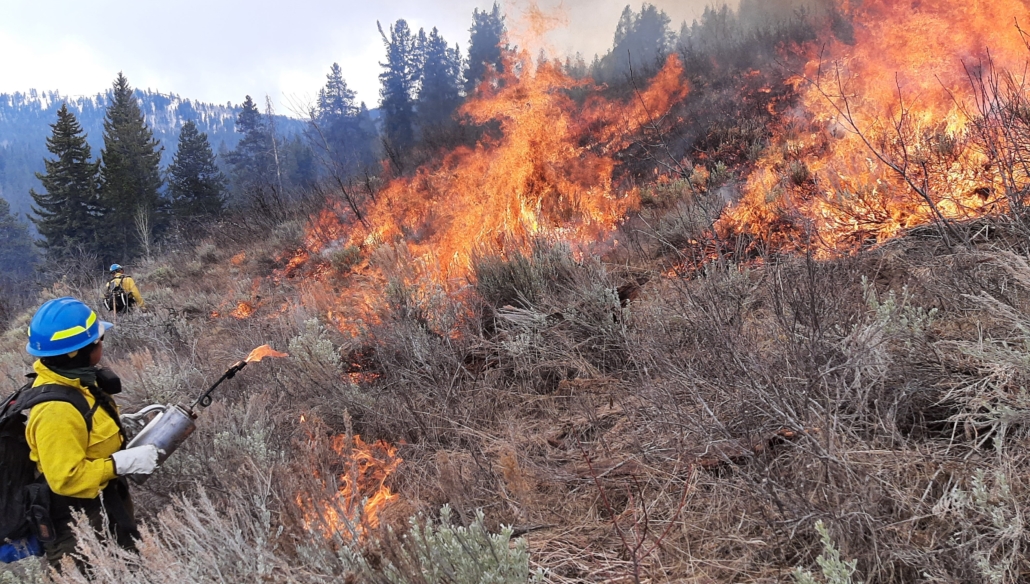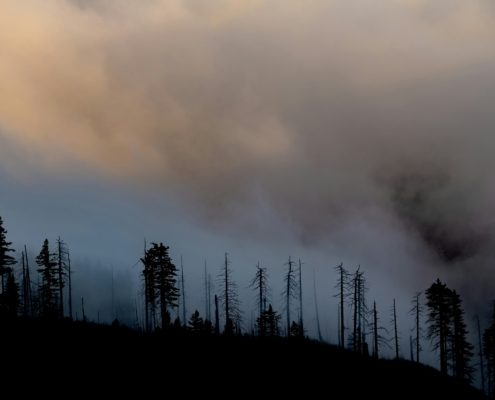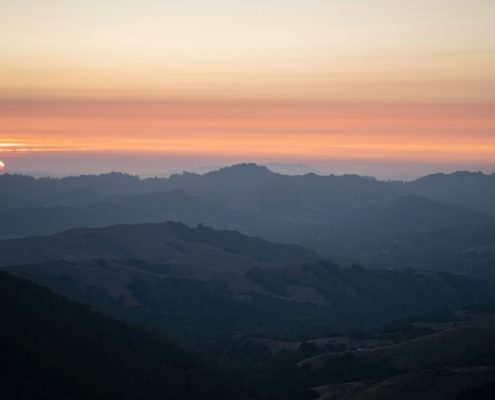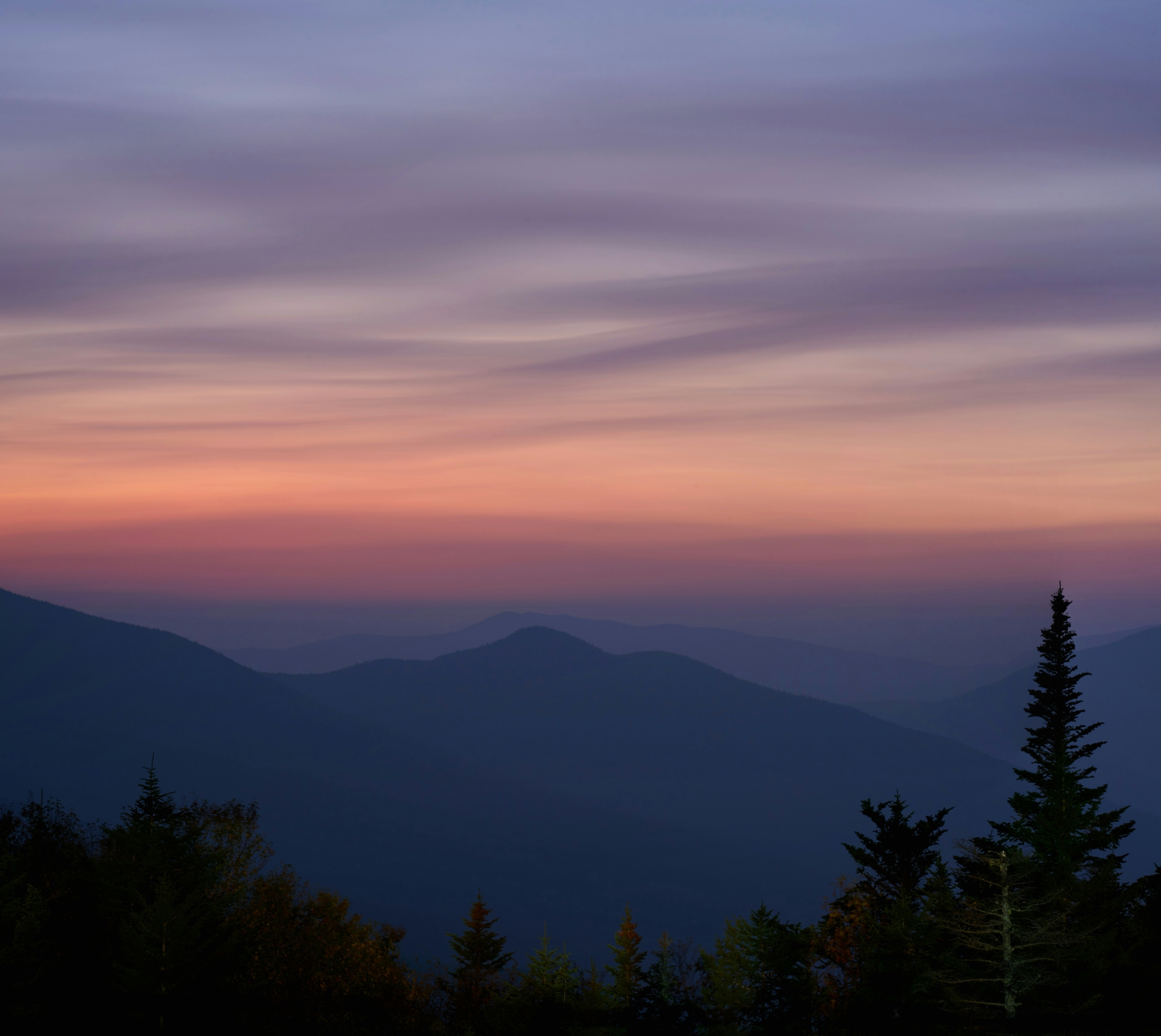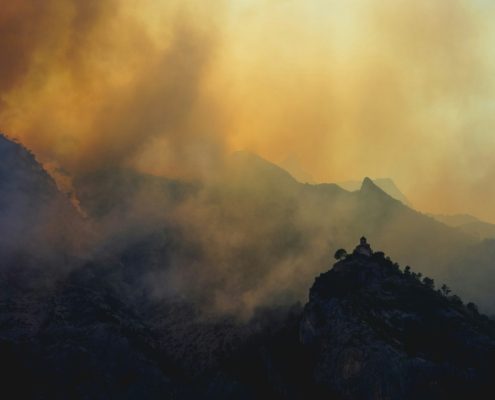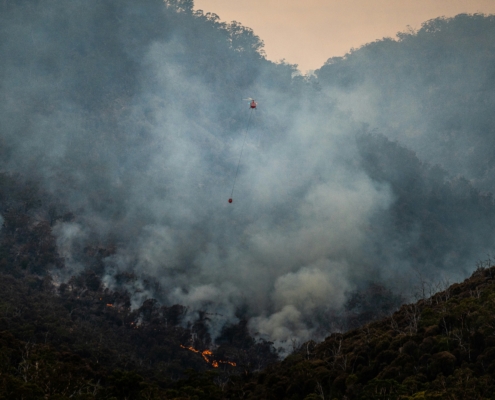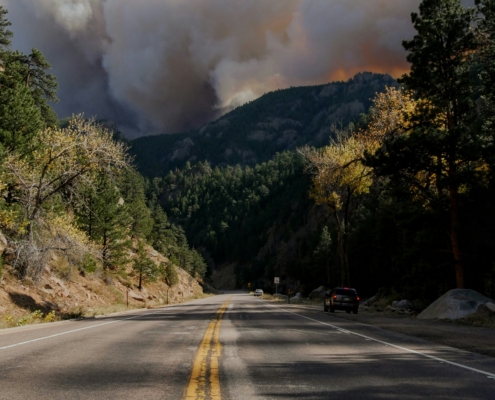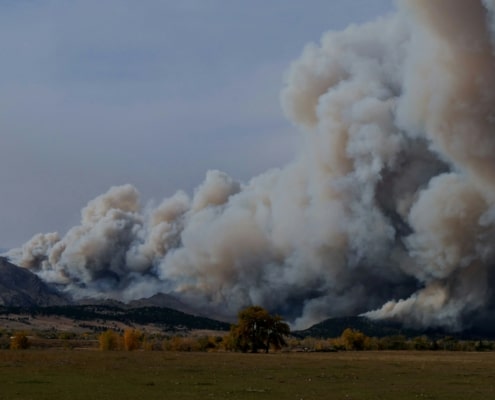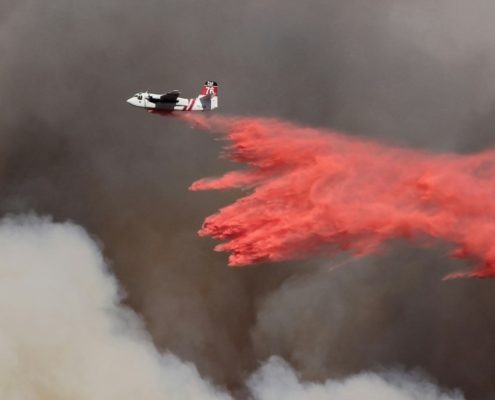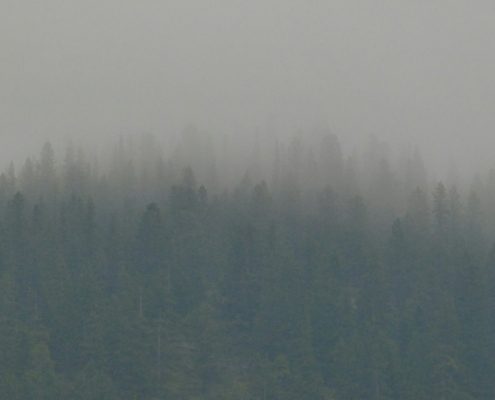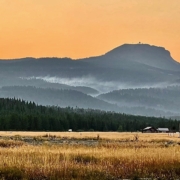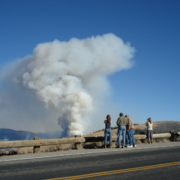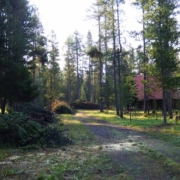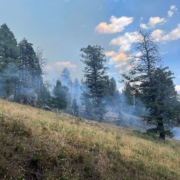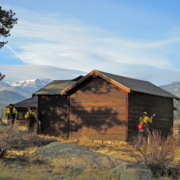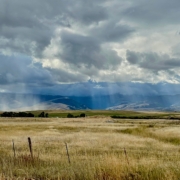Living With Smoke
Helping communities mitigate smoke effects
Spring through Autumn are smoke season. Smoke comes from many sources and this information pertains to most smoke, especially from fires. During the summer months we all see, smell and experience an increase in smoke, usually due to an increase in wildfires. Fire events may not originate in areas near our community and may drift in with wind and air currents.
Smoke affects air quality and humans all react differently to smoke.
Scientific evidence demonstrates health effects in response to short-term exposure ranging from eye and respiratory tract irritation to more serious effects, including reduced lung function, pulmonary inflammation, bronchitis, worsening of asthma and other lung diseases, and worsening of cardiovascular diseases including heart failure and pre-mature death. Although a large population can be exposed to smoke during a wildfire event, most healthy adults and children will recover from wildfire smoke exposure. Certain life stages and populations may, however, be at greater risk of experiencing health effects, including people with respiratory or cardiovascular diseases, children and older adults, pregnant women, people of lower socioeconomic status and outdoor workers.
Air Quality Index provides information about particulate matter (PM) pollution and has been calibrated into categories. Prepare for smoke whether from wildfire or prescribed fire.
Air quality is available for portions of the Western United states by visting this website
One of the biggest concerns for communities and people during a smoke event is the effects of smoke and how to minimize those effects during a smoke event. The resources on this page will assist you, your neighbors and the community of Island Park to be smoke ready.
Work with Island Park Sustainable Fire Community to become a Smoke Ready Community.
Prescribed fire is an important tool to use for fuels reduction and a landscape that is resilient to fire and other disturbances. The reality of prescribed fire is land management agencies such as Forest Service or Bureau of Land Management and private landowners will use fire to remove fuels and restore wildlife habitat. Prescribed fires have less smoke and smoke intensity than wildfires. It is very important for land management agencies to provide information about prescribed fires so communities can mitigate smoke effects.
